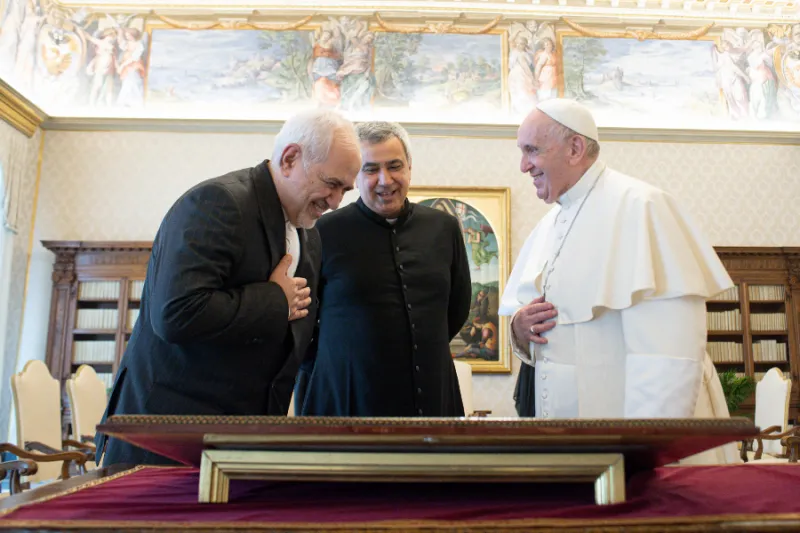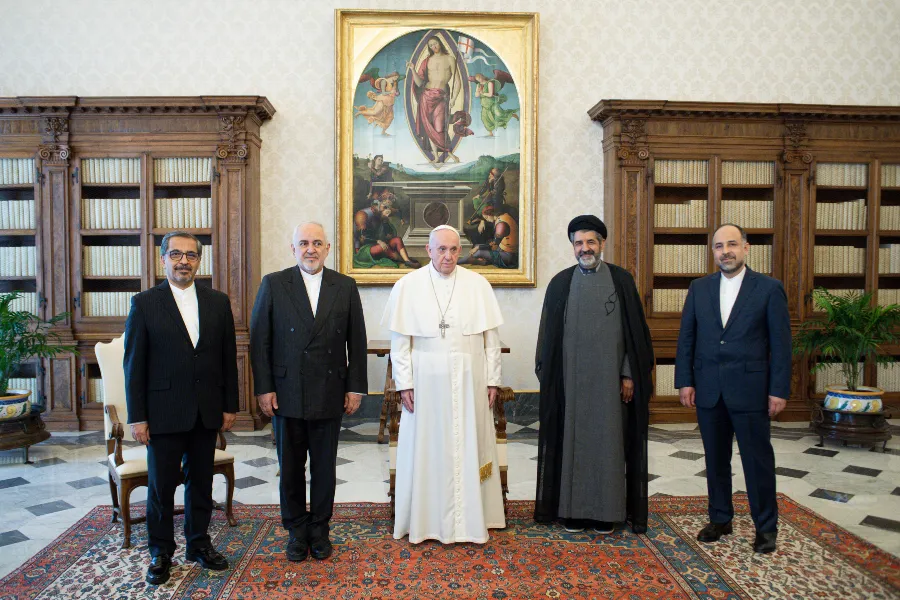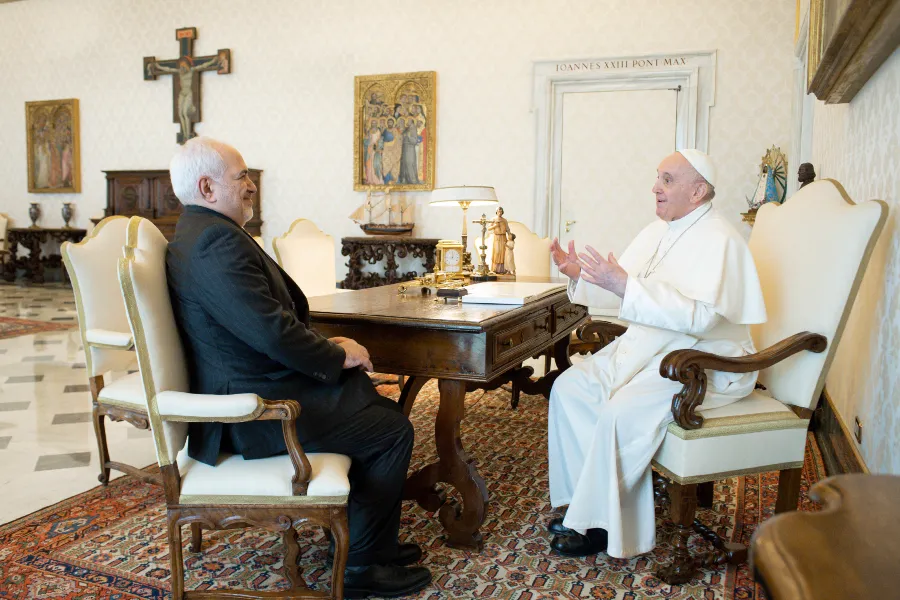
CNA Staff, Jan 24, 2021 / 06:01 am (CNA).- A group of Christian leaders who advocate for the Holy Land this week reiterated a call for Israeli and Palestinian authorities to negotiate directly for the sake of peace in the region. They also encouraged Israel to make COVID-19 vaccines accessible to Palestinians.
The Holy Land Coordination group, which was founded by the Catholic Bishops’ Conference of England and Wales, is comprised of bishops from the U.S. and Europe, as well as a bishop of the Church of England. Since 2000, the group has taken an annual trip to the Holy Land, and promotes awareness, action, and prayer for the region.
During the bishops’ January 2020 trip, they visited Christians in Gaza, East Jerusalem, and Ramallah. The bishops met virtually in January 2021 with Christians in the West Bank, Gaza, and Israel.
Due to the pandemic, this year is the first since the group’s founding that the bishops have not been able to meet in the Holy Land.
“The Christian community, though small, is an important guarantor of social cohesion and a bearer of hope for a better future. We eagerly await a time when Christians from across the world can once again make pilgrimages to the Holy Land to witness and support this first-hand. Until that point, we encourage our communities to provide any assistance that may be possible and hold all the region’s peoples in our prayers,” the group wrote in a Jan. 22 communiqué.
The delegation included Bishop David Malloy of Rockford, chairman of the USCCB Committee on International Justice and Peace.
The delegation noted that the absence of pilgrims to the Holy Land in the past year has exacerbated unemployment and poverty.
The bishops concluded that these factors, along with continuing political conflict, culminate to mean, “there is today less cause for optimism than at any time in recent history.”
Security borders have impaired Palestinians’ ability to work and travel, including travel to Muslim and Christian holy places, while Jewish settlements in the West Bank are a continuing source of tension.
Israel suspended the annexation of some parts of the West Bank during August 2020 as part of its normalization of relations with the United Arab Emirates, but tensions remain.
“The lack of political progress, along with relentless expansion of illegal settlements and the impact of Israel’s Nation-State law, continues to erode any prospect of a peaceful two-state solution,” the bishops wrote.
The “nation-state law” refers to a 2018 measure which defined Israel as the “historic homeland of the Jewish people” who have “a singular right to national self-determination within it.” The Latin Patriarchate of Jerusalem has criticized the law as discriminatory against Israel’s Christians.
The bishops also encouraged Israel to make COVID-19 vaccines accessible for Palestinians in the West Bank and Gaza. Israel has one of the highest per-capita rates of COVID-19 vaccination in the world, but until this week was not allowing vaccines into Gaza or the West Bank.
The Vatican recognized the state of Palestine during May 2015. During May 2020, the Holy See reaffirmed its support of a two-state solution for Israel and Palestine, and respect for the borders internationally recognized before 1967.
In a July 2020 statement, released in response to possible Israeli action to annex Palestinian territories, the Holy See reiterated that Israel and the State of Palestine “have the right to exist and to live in peace and security, within internationally recognized borders.”
Then-US president Donald Trump and Israeli president Benjamin Netanyahu in January 2020 proposed a two-state peace plan for Israel and Palestine, which included an independent Palestinian state with a capital in East Jerusalem.
Trump insisted that Jerusalem would also remain “Israel’s undivided— very important— undivided capital.” The United States moved its embassy in Israel to Jerusalem in 2017.
Under the plan, none of Jerusalem’s Old City or territory within the current security wall would be ceded to the Palestinian state. The agreement also preserves the status quo policy regarding control of various religious sites, including the site of the Temple Mount and Al Aqsa Mosque, and, under the proposal, Muslims would still have access to the site.
Trump’s proposal for peace called for the creation of a Palestinian state, but gave Israel sovereignty over 30% of the West Bank. The Palestinians reject this.
Palestinian leaders, the United Nations, and European and Arab countries oppose unilateral action from Israel and consider Israeli settlements on land captured in 1967 to be illegal, Reuters reports. Israelis who back annexation cite biblical, historical, and political roots in the West Bank territory.
The plan also proposes the construction of a “West Bank-Gaza Tunnel” to connect the two halves of Palestine, and that a third of the Gaza Strip be designated as a “high-tech manufacturing industrial zone.”
As part of the plan, Trump also pledged money to the Palestinian state for job creation and poverty reduction. Trump said that if Abbas and the Palestinian Authority “choose the path to peace,” that the United States and other countries “will be there, we will be there to help you in so many different ways.”
Newly-inaugurated President Joe Biden is likely to reverse some of Trump’s policies in the Middle East, pledging as a candidate to restore humanitarian aid to Palestinians and opposing Israeli settlement activity in the occupied West Bank, NPR reports.

[…]










